TAPPI T 456 Test Fikstürü
TAPPI T 456 describes the procedure for the determination of the tensile strength of paper and paperboard after saturation with water.
Bilgi Almak İçin Lütfen Bizimle İletişime Geçiniz
- Açıklama
- Değerlendirmeler (0)
- TEKNİK ÖZELLİKLER
Açıklama
Açıklama
TAPPI T 456 Tensile Breaking Strength of Water-Saturated Paper and Paperboard (“Wet Tensile Strength )
TAPPI T 456 describes the procedure for the determination of the tensile strength of paper and paperboard after saturation with water.
TAPPI T 456 is applicable to papers and paperboard (excluding corrugated board) that will be subjected to stress while wet, either during processing or use.
Such materials include but are not limited to papers used in map-making, photography, and blue prints, bags and food wraps.
Previous versions of this method (om-10 and earlier) included tissue and towel products in its scope; however, the scope now excludes these products, since
other test methods are available, and are recommended since they are more specific and appropriate for quantifying the wet tensile properties.
Apparatus
Tensile tester, as described in T 494 “Tensile Breaking Properties of Paper and Paperboard (Using Constant Rate of Elongation Apparatus).”
Blotting paper (needed only if using immersion/straight-hang procedure in 8.2); the paper used should comply with the requirements in TAPPI T 205
“Forming Handsheets for Physical Tests of Pulp.”
Finch wet strength device (needed only if using the Finch-cup procedure ), a wet strength device consisting of an inverted stirrup about 38 mm (1.5 in.)
in width and about 76 mm (3 in.) in length, made of metal straps by which a horizontal rod, about 28 mm (1.1 in.) in length and 5 ± 0.05 mm (0.188 ± 0.002 in.)
in diameter, is supported.
Between the straps and under the horizontal rod is a small, vertically movable container for holding water or other liquid.
When the liquid container is locked in its uppermost position, the horizontal rod is immersed in the liquid to a depth of at least 19 mm (0.75 in.).
A thin metal tang forming the lower part of the inverted stirrup permits it to be fastened in the lower clamp of a tension testing machine.
This device is not required if the sample is saturated by immersion.
*** Before conducting TAPPI T 456, it is important to read the entire specification. Standards can be obtained from appropriate standard authorities.
***PARSROS offers several types of grips and fixtures which will enable you to perform a variety of tests
that are accurate and repeatable.


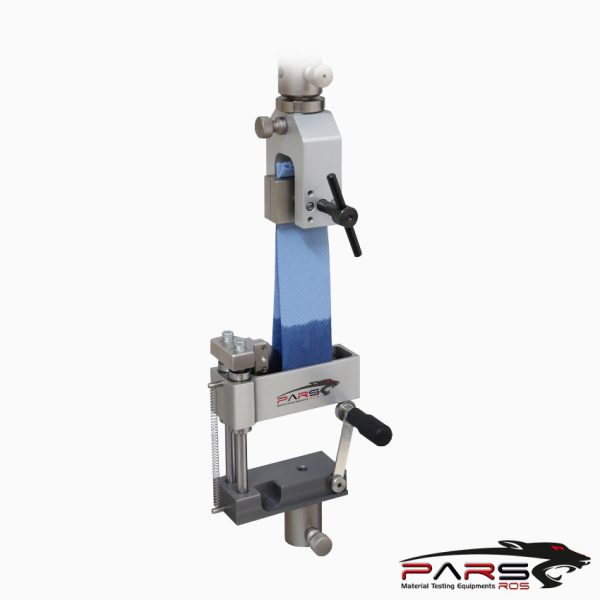
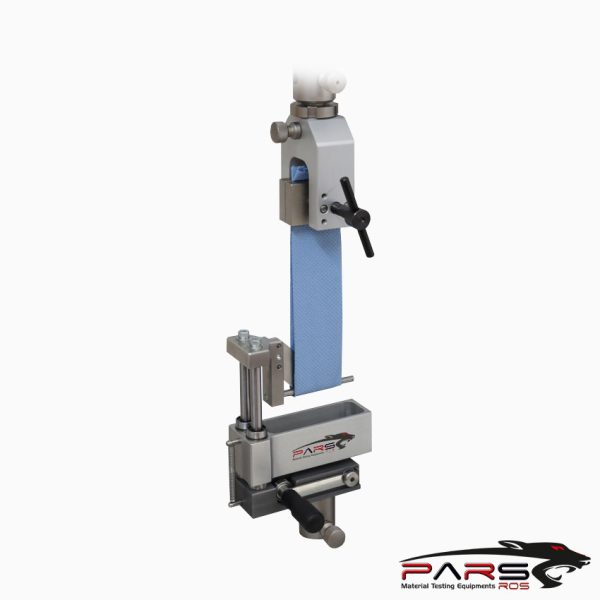
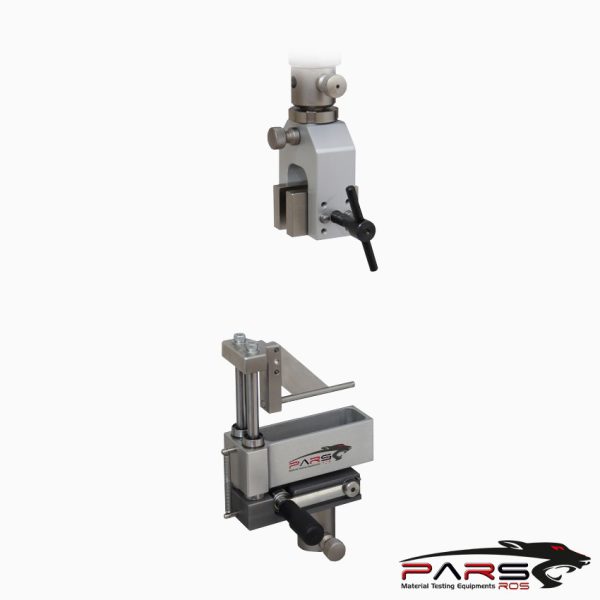
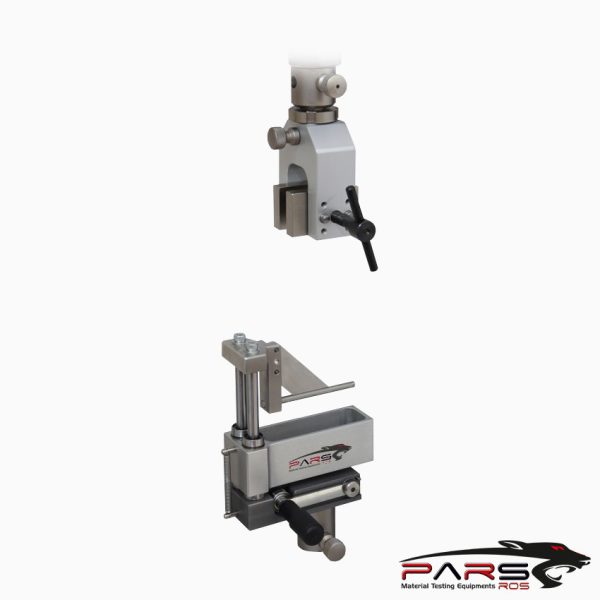
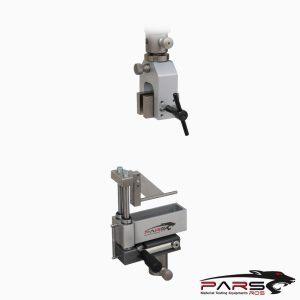
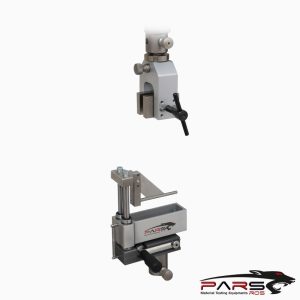
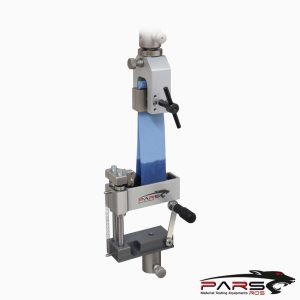
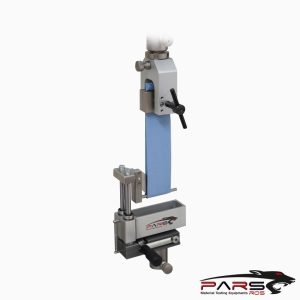
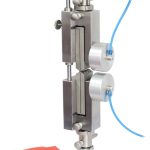
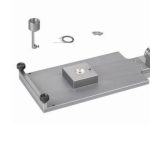
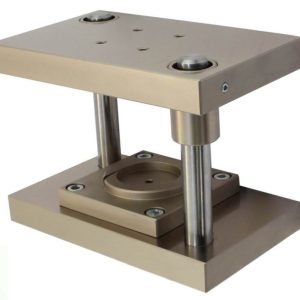
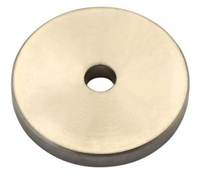
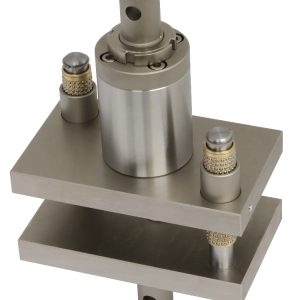
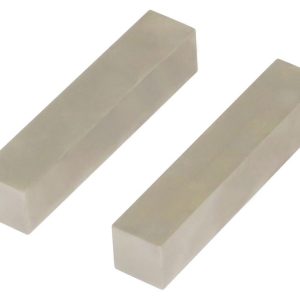
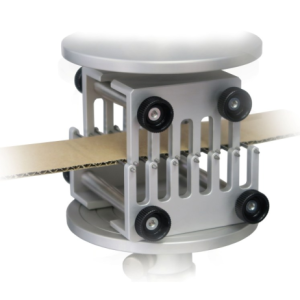
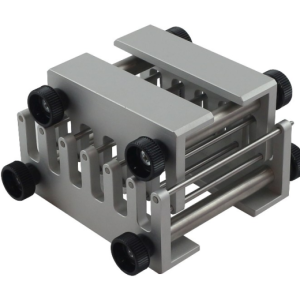
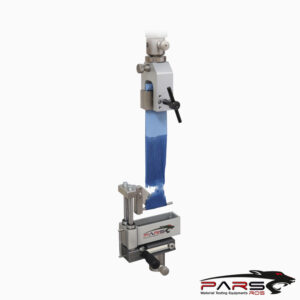
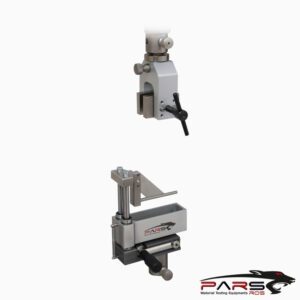
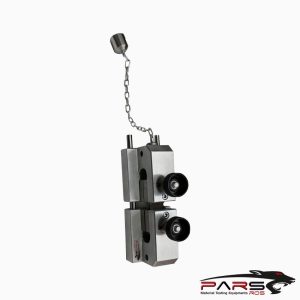
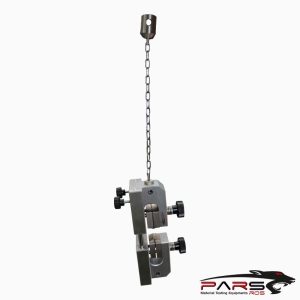
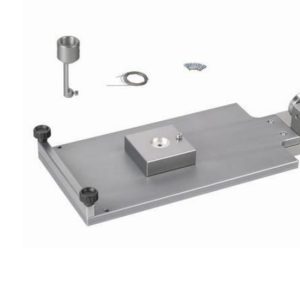
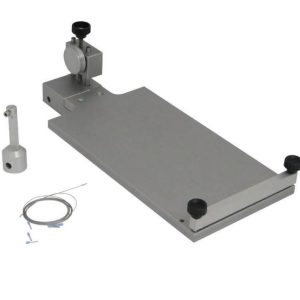
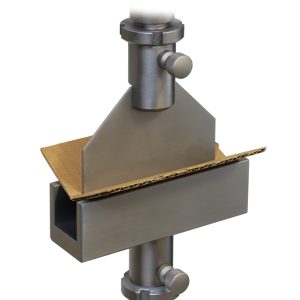
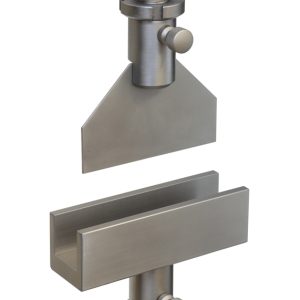
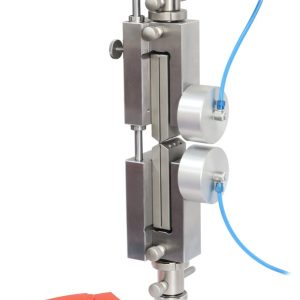
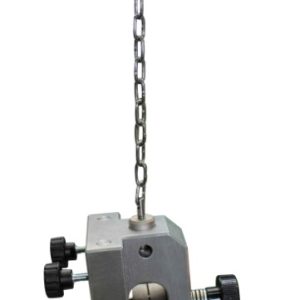

Bir yanıt yazın